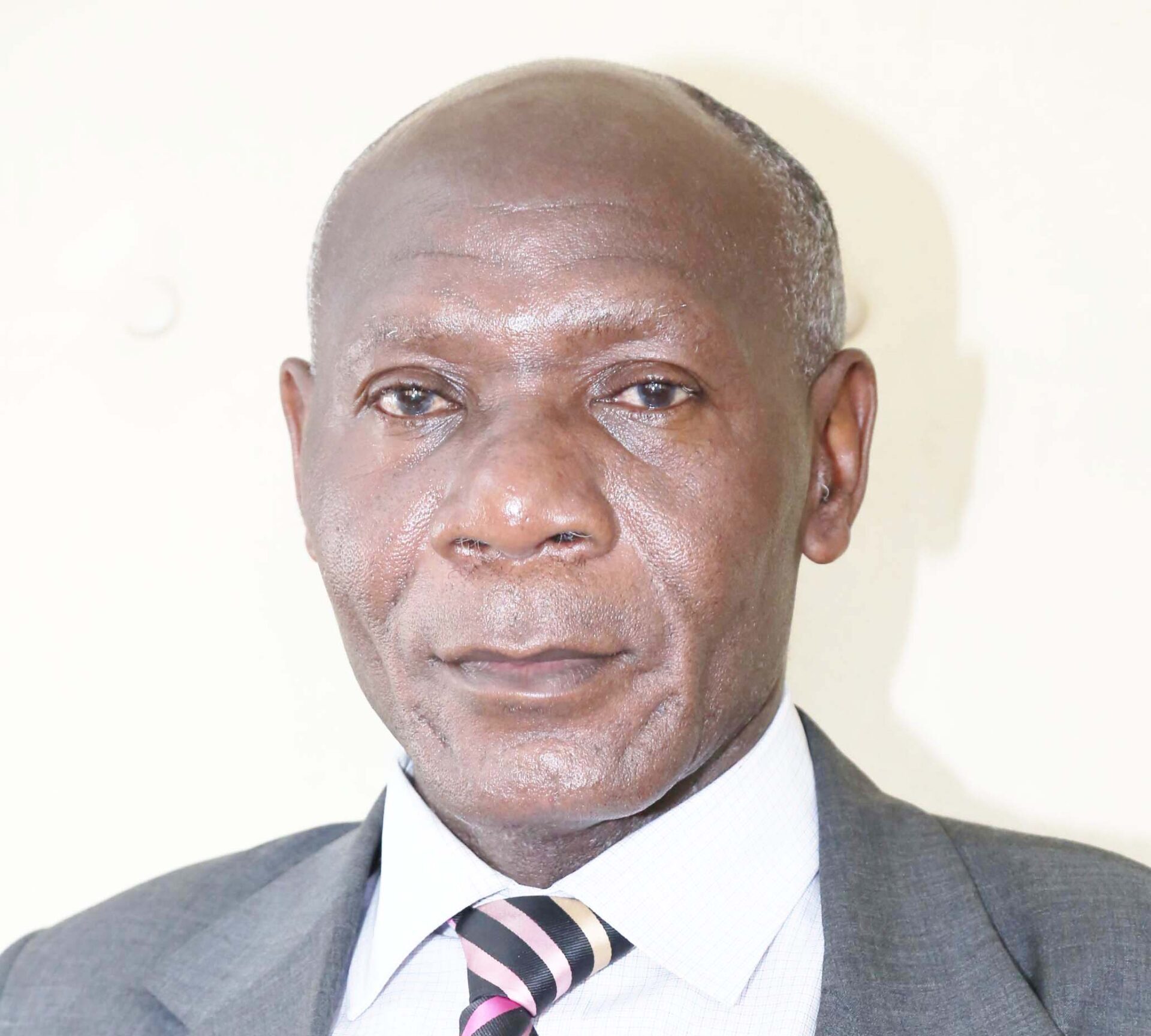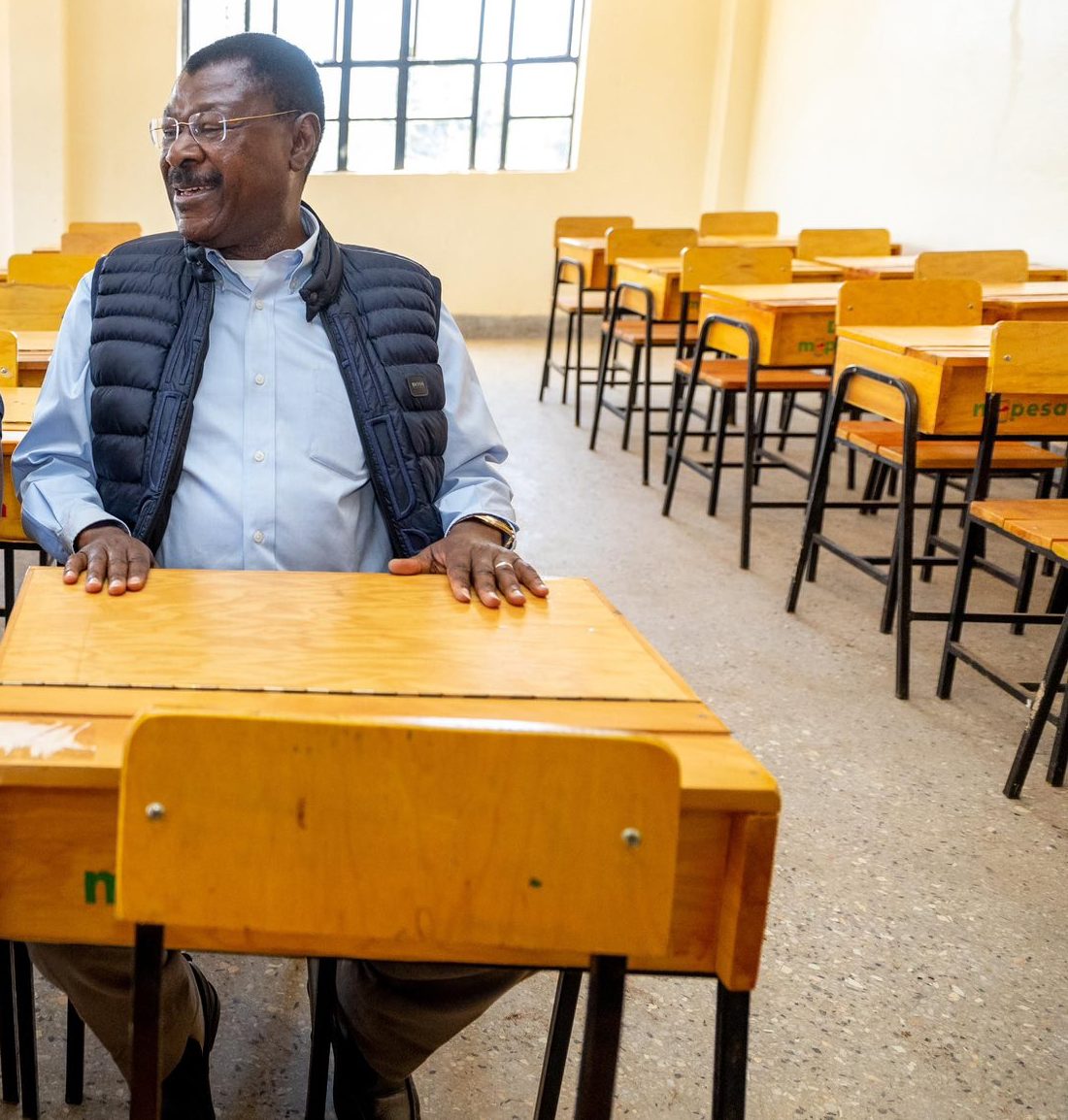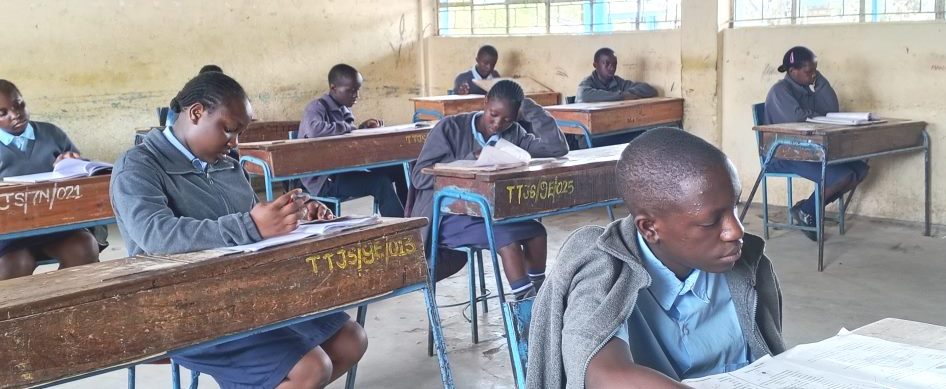Not many people can remember the former Minister for Education, the late Mutula Kilonzo and what he did during his tenure at the Education Ministry that they can remember.
Lest we forget: Kilonzo was the last Minister of Education under the Parliamentary system of Government in the Mwai Kibaki Administration, which ended when Uhuru Kenyatta was elected President in 2013.
Kilonzo was appointed Minister for Education in early 2012. He presided over formulating the laws that govern education policy, standards, curricula, examinations, and the management of educational institutions in the country today.
Those in the sector, however, remember him for addressing three things that a casual observer couldn’t see its relevance to access to equitable quality education.
ALSO READ:
https://educationnews.co.ke/nyeri-national-polytechnic-celebrates-5th-graduation-ceremony-with-over-2500-graduands/
A few weeks after the Kenya National Examinations Council (Knec) announced plans to increase KCPE and KCSE examination fees, Kilonzo said implied in the free and compulsory education in the Constitution is the government’s undertaking to meet the cost of the administration of examinations.
I remember the Minister arguing that KCPE and KCSE were critical to the transition of learners from primary to secondary school and certification, grading and further education, training and pursuit of employment. It followed, ipso facto, that the Government should meet the cost of the administration of the examinations.
The argument ended the many years of parents and guardians—in public and private schools—meeting the cost of national examination fees at the basic education level.
The other aspect of education Mr. Kilonzo fought against was holiday tuition. Simply put, holiday tuition refers to educational programs or tutoring sessions offered during school holidays.
ALSO READ:
Why selection of learning areas in CBC is happening in grade 9
A few weeks before the April schools’ holiday in 2012, the Minister announced at a public function well outside Nairobi that all schools, without exception, should allow learners to proceed for the School Holidays in April, as stipulated in the Ministry of Education School Calendar.
At the time, some primary and secondary schools had established a tradition of retaining or recalling learners in the upper classes—class eight and form four—a week or so earlier in the school to attend holiday tuition. This meant that learners remained at school for an additional one or two weeks to attend tuition. Other schools recalled their learners a week or so before the official reopening of the schools for the same purposes. Parents and guardians paid for these tuition exercises.
Mutula said nothing of the sort would happen, saying the schools should adhere to the school calendar.
Some school heads thought the Minister was playing politics, only for him to crack down on those schools that ignored the directive.
The Minister instructed the Public Communication Office, which I then headed, to prepare a press statement with the assistance of the heads of the Ministry’s Departments of Education. He later read it out at a Press Conference at the Ministry Headquarters at Jogoo House. He also asked for all policy and legislative documents that support school holidays as part of an educational system.
Officials of the Kenya National Union of Teachers (KNUT) and the Kenya Union of Post Primary Education Teachers (KUPPET) opposed the Minister’s ban on holiday tuition, saying it helped slow learners to catch up with the rest of the students.
Kilonzo dismissed the argument as false. The Minister stated that children cannot learn endlessly, that they need to have time to relax and play, and that they need to join their families, particularly grandparents, to learn about things schooling cannot teach them.
The Minister was clearly on solid ground. Authorities in educational systems worldwide take certain factors into account when drawing up the school calendar. They consider the interests of students, teachers, and other stakeholders, the curriculum load, the quality of learning, and the maximisation of learning time in determining how long schools will be in session or on recess.
The school calendar has two features: school days and school holidays. School days are the period when learners are in school to learn—undertaking lessons and assignments, participating in co-curriculum activities, and taking part in end-of-term or end-of-year examinations. School holidays refer to the period when schools are closed, called school breaks or vacations.
Our school calendar provides a total of 39 weeks of school days. Education specialists I talked to then and repeatedly talked to in the Ministry of Education itself, KICD and at KNEC stated that the 39 weeks is sufficient for teaching, learning and assessing learners.
The officials noted that the period was also ample enough for teachers to undertake professionally sound remedial teaching for learners with learning difficulties. They discounted holiday tuition or any teaching outside the designated time as it amounted to robbing time for learners to grow and interact with other education agencies.
I was personally impressed with the firm way Kilonzo went about ensuring that the ban takes effect without exception.
I learned several lessons of leadership from the Ministers’ less than two years’ tenure in the Ministry of Education.
The first lesson was that a leader must bring the broadest thinking possible to the mandate of the sector he or she has been assigned to optimally serve its stakeholders. This broad thinking enabled the country to see that the assessment of learners is intricately connected to the whole foundation of education. For that reason, it should be as free as tuition to learners. There are cases where children whose parents couldn’t afford examination fees couldn’t sit for the examinations.
The second lesson was that a leader must have a personal responsibility not only to find problems an institution may be having but also to correct them. He should wait for a problem to morph into a crisis before he takes action.
The third lesson was that a leader must track the implementation of decisions. Kilonzo had no sacred cows in his modus operandi. All schools, without exception, adhered to the ban when the owners discovered that the man was serious.
ALSO READ:
The third lesson I learned from his resoluteness is that leaders dig out and analyse the important problems before they become urgent or boil into a crisis. He can do this through observation, hearing, and asking for relevant information to better understand the issues and problems.
The fourth lesson is that it is not the big policy issues and problems that matter to the leader. The small, seemingly trivial problem may, if addressed, indirectly address some of the seemingly bigger issues an institution faces.
Holiday tuition meant paying it. It meant depriving the learners of family time and mental breaks. Failure to pay holiday tuition meant a learner would be sent away to fetch parents to explain why. It meant lost learning time while away.
The biggest lesson I learned from the Minister is that the authority of the office is bigger than the holder. All you need is the trust and support of the career civil servants in the Ministry, Departments, or Agencies (MDAs) who know the nuts and bolts of the institution. A minister can do so much that is of lasting value to the mandate of the MDA. He can do very little without them.
By Kennedy Buhere
Communication Specialist
0725327611
You can also follow our social media pages on Twitter: Education News KE and Facebook: Education News Newspaper for timely updates.
>>> Click here to stay up-to-date with trending regional stories
>>> Click here to read more informed opinions on the country’s education landscape






